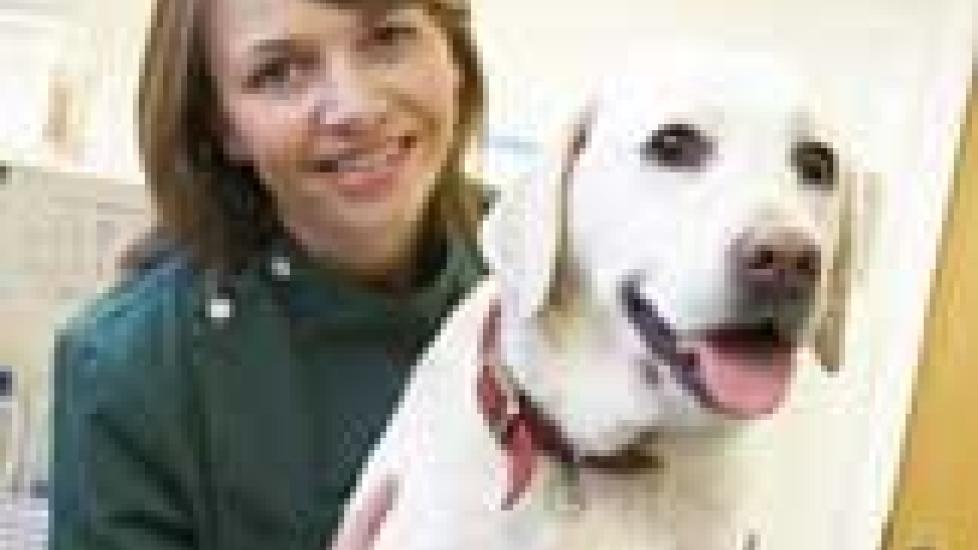How a Cancer Doctor Measures Success
How do we measure personal achievement as we age? As children and young adults, our accomplishments are quantitated via our educational system and a continuous barrage of exams and assessments. Parents and teachers encourage us to succeed and assist us when we fall behind. But when we “grow up,” how can we know if we are truly proficient at our lives, or if we are failing to measure up?
Obviously the barometer of achievement will differ among individuals, and will likely vary with circumstance. It seems society dictates we should measure our success by income or assets or fame. Realistically, for the average person, these are considered aspirations rather than attainable goals.
Most of us will never be photographed for the pages of a gossip magazine, hold a Super Bowl trophy, or purchase a multi-million dollar home. We probably won’t invent the next iPhone, cure a fatal disease, or write an Oscar winning screenplay. So how is it we know we’re doing okay?
One of the most significant “measuring sticks” for my own success is my satisfaction with my career and whether or not I feel I am “doing a good job.” As is the case with many professions, it’s pretty rare I’m given tangible indicators of my own proficiency. Because of this, I spend a great deal of time fretting over whether or not I am meeting others’ goals and expectations. In other words, I’m often stressed out wondering if I am really any good at what I do.
In thinking about this, I’ve come to realize that for health professionals, it’s difficult to know when we are successful versus when we are not. Of course, I may be biased, but I think this may be especially true for oncologists. Though it is tempting, we cancer-crusaders certainly cannot measure our abilities by whether our patients survive or not. This is ultimately completely out of our control, and the best we can do is try to keep one step ahead of the disease we spend our lives trying to eradicate.
As a veterinary oncologist, I have the added struggle of not actually being able to directly communicate with my patients. They are unable to tell me what they like or don’t like about my skills or my bedside manner, or whether they trust my recommendations or feel comfortable working with me. I rely on their owners for confirmation of my capabilities, or for criticisms of my inabilities, as it may be.
I find most owners have the exact same objective in mind when it comes to cancer treatment for their pets: they wish for an option to help their pets live longer and which will cause no impact on theirpets’ overall quality of life. This would be a fantastic option, but in reality, it’s fairly impossible.
Even though most animals going through chemotherapy experience relatively few side effects, it’s definitely an unrealistic expectation that they will not have some sort of adverse sign develop during treatment course. And for some owners, even a minimal side effect will be enough to consider stopping treatment. This can leave me feeling as though I am unable to meet owners’ goals for their pets, and contributes to my concerns about my skills.
As a veterinary professional, it’s easy for me to understand a diagnosis and to understand that I am limited to the information available as I attempt to predict outcome over time. But I think this is really difficult for the average pet owner to understand — not because they aren’t intelligent enough to do so, but because they lack the familiarity with the “hard” evidence (or lack thereof as it typically is). Translating this information is tough — and sometimes wires can be crossed in terms of expectations of outcomes. Therein lies another source of doubt my professional success.
I don’t mean to sound insecure about my knowledge. I’m confident enough in my own training and experience to know how to manage my patients, and I also am humble enough to know when to seek outside help. I just wish there were some way to really know whether others felt the same way.
I am extremely grateful when owners let me know they are thankful of my efforts and when they tell me or any one of our oncology staff members how much they appreciate what we do for their pets. It creates so much more than a simple warm and fuzzy feeling to hear someone say they feel what I do is important. I am also often astonished at the level of faith they have in me, allowing me to take care of their pets they will so often refer to as their children.
Maybe therein lies the answer to my struggle — it’s the non-verbal expression of trust that communicates my success. If owners didn’t believe in my skills and the skills of our staff, they would never entrust us with the care of their pets.
Though my personality keeps me looking for a palpable indicator, I might just try and refocus my energy on thinking about the wonderful bond our owners have with their pets, and how privileged I am to be incorporated into that relationship. Knowing I am an integral part of their pets’ lives has meaning and substance, and the more I think about it, the more I realize that matters so much more than anything else I could look for.
Even more than winning the Super Bowl, I imagine…

Dr. Joanne Intile
Image: Andresr / via Shutterstock
